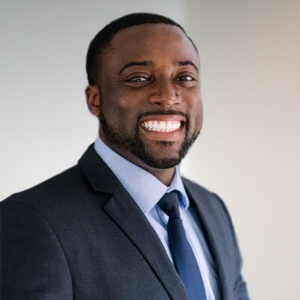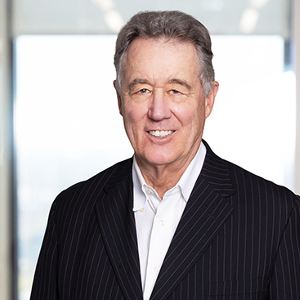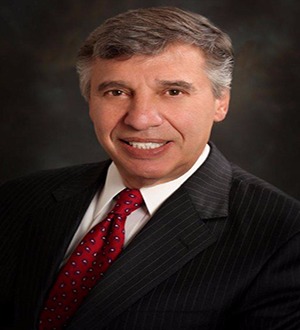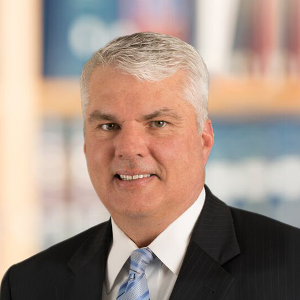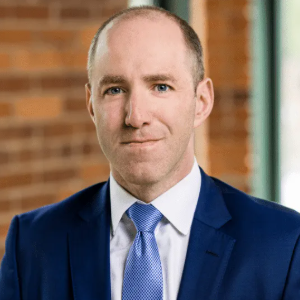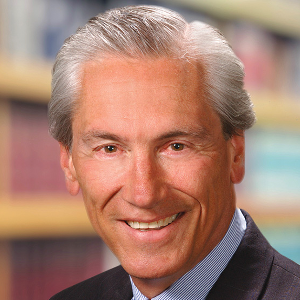Elderly residents of nursing homes are some of the most vulnerable people in society. They are completely at the mercy of their caregivers, and many of them are not capable of communicating with loved ones when they have been mistreated. Even residents who are lucid and articulate might be afraid to speak up because they have been threatened by their abusers. We take a look at some of the signs of abuse and neglect that family members can look for and offer tips on the steps to take if you suspect nursing home abuse.
Signs of Possible Abuse in Nursing Home Residents
Residents of nursing homes can suffer physical, emotional, and financial abuse at the hands of those charged with their care. The people responsible for the abuse or neglect are likely very skilled at covering it up, so it could be up to you to recognize signs that your loved one might have been abused or neglected.
As a visiting family member, you should be on the lookout for the following signs of abuse, particularly if your loved one has dementia and is unable to communicate effectively:
- Unexplained bruises, cuts, or injuries
- Broken bones or fractures without reasonable explanations
- Sprains, dislocations, or burns
- Use of physical restraints that are unnecessary or overly restrictive
- Unexplained weight loss or gain
- Refusal to seek medical attention for injuries
- Resident suddenly becomes withdrawn, anxious, or depressed
- Fear of staff members or certain residents
- Resident displaying unusual behavior like rocking, mumbling, or self-soothing behaviors
- Resident becoming emotionally detached or isolating themselves
- Unexplained financial transactions or missing personal items
- Sudden changes in the resident's financial situation
- Unexplained withdrawals or transfers of funds
In some cases, residents are not being intentionally abused but are suffering from a lack of adequate care and attention. Signs that your loved one is being neglected include
- Poor personal hygiene, such as unwashed hair, dirty clothing, or strong body odor
- Unattended medical needs or missed medication doses
- Malnutrition or dehydration
- Unsafe or unsanitary living conditions
- Soiled bedding or clothing that remains unchanged
- Lack of appropriate clothing for weather conditions
Your loved one is in a nursing home because they require more care than you could give them. To learn that they are not only not getting the care they need but that they are also being abused is heartbreaking. It's important that you take action to stop the mistreatment and hold the facility accountable for its actions.
Steps to Take If You Suspect Nursing Home Abuse or Neglect
If a family member suspects their loved one is being abused or neglected in a nursing home, it's crucial to take immediate action to ensure the safety and well-being of the resident. If your suspicions are proven to be unfounded, no harm has been done. However, if you ignore signs of abuse because you don't want to cause a problem with the nursing home, you could be endangering your loved one's life.
Here's a step-by-step guide on what to do:
- Gather information and evidence. Document any signs or behaviors that have raised your suspicions. Take photos of any injuries, living conditions, or issues you've observed.
- Talk to your loved one. Approach your loved one in a calm and non-confrontational manner. Ask open-ended questions about their experiences, feelings, and interactions with staff and other residents.
- Visit regularly. Continue visiting your loved one regularly and paying close attention to their well-being. Maintain open communication and let them know that you're there to support them.
- Contact the nursing home. Reach out to the nursing home's administration, management, or director to express your concerns. Provide specific details and ask for an explanation. Request a meeting to discuss the situation further.
- Speak with the resident's care team. Discuss your concerns with the resident's primary caregivers, nurses, and doctors. Ask for their assessment of the resident's well-being and any explanation for the signs you've noticed.
- Contact authorities. If you believe immediate danger is present, contact local law enforcement or emergency services. Otherwise, consider reaching out to the appropriate state agency responsible for overseeing nursing homes.
- Report to Adult Protective Services. If your concerns involve abuse or neglect of an elderly or vulnerable adult, contact your local Adult Protective Services (APS) agency. They are trained to investigate such cases and ensure the safety of the individual.
- Consult an attorney. If you believe legal action may be necessary, consult an attorney with experience in elder abuse and nursing home negligence cases. They can provide advice on your rights and potential legal options.
- Document everything. Keep thorough records of all conversations, dates, times, and individuals involved. This documentation can be crucial if legal action becomes necessary.
- Consider relocation. If the situation does not improve or if your loved one's safety remains a concern, consider finding a new nursing home or alternative care arrangement. Ensure that the new facility has a good reputation and meets all necessary standards.
- Follow up. Keep following up with the nursing home administration, state agencies, and any other parties involved. Request updates on actions taken to address your concerns.
- Support your loved one. Your loved one may be feeling vulnerable and scared. Offer emotional support and reassurance during this challenging time.
Taking swift and appropriate action is essential to protect your loved one's safety and well-being.
What a Lawsuit Against the Liable Parties Could Accomplish
Your loved one has already been hurt. The trauma they have experienced cannot be erased. Even if you are confident that your loved one is no longer at risk of being abused or neglected, it's important to hold the individuals and the facility accountable for allowing the abuse to occur. If social services and the police are involved, then criminal charges might be forthcoming, and a conviction might give you some peace of mind. However, unless you hit the nursing home owners in the pocketbook, there is no guarantee that this won't happen again under their watch. Contact The Blankenship Law Firm to learn about your options for holding abusers accountable on behalf of an elderly loved one.
Advocating for Patients Harmed in Nursing Homes
Representing victims in Washington, Oregon, and Alaska, we fight for the rights of nursing home abuse and neglect victims. These are difficult cases, and we treat our clients with compassion and respect. If you or a loved one has experienced nursing home abuse or neglect, the civil litigators at our firm can help you hold the abusers accountable. Fill out our contact form to find out if we can help you, too.



